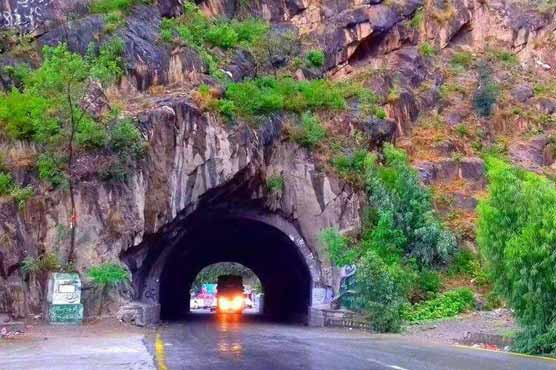
Nasar Zada
After the passage of the 25th constitutional amendment five years ago, which extended tax enforcement to the Malakand division starting from June 30 this year, concerns regarding taxation have begun to arise. However, the traders, citizens, and political leaders of the Malakand division are reluctant to comply with the tax requirements and are requesting an additional ten-year exemption from the government.
In 2018, the 25th constitutional amendment incorporated FATA (Federally Administered Tribal Areas) into Khyber Pakhtunkhwa (KP), and as a result, PATA (Provincially Administered Tribal Areas) also became a part of the province. This amendment brought the Malakand division under the purview of taxation, similar to other districts in the province. However, in response to protests from the people, political leaders, and businessmen across the Malakand division, the government granted a five-year tax-free status to the region.
Speaking to TN, businessman Irfan expressed that the Malakand division has already faced challenges due to unrest, earthquakes, and floods. Additionally, the region lacks major factories and robust business opportunities. In light of these circumstances, Irfan urged the government to reconsider the agreement and grant a further ten-year tax exemption to the Malakand division.
Historical Agreements Secure Tax Exemption for Malakand Division
When exploring the reasons behind the continued tax exemption in the Malakand division, former Nazim Ali Khan from Dir Upper shed light on the historical context. He explained that prior to 1969, the state of Dir Upper and Lower Dir was governed by Nawab of Dir, Chitral was ruled by Mehtar-e-Chitral, while Swat, Shangla, Kohistan, and Buner, were part of the state of Swat.
Also Read: KP’s Two Merged Districts Welcome First-Ever Model Police Stations
During the process of annexing these areas to Pakistan in 1969, the then Mehtar, Nawab, and Wali made certain conditions for their integration. One of these conditions stipulated that no taxes would be imposed on the people of the Malakand Division, and the area would remain tax-exempt. Therefore, any attempts to introduce taxation would be seen as a violation of this agreement.
Musarat Ahmad Zeib, the daughter-in-law of the royal family from Swat and former MNA, supported the notion of tax exemption in the Malakand division. She highlighted that during the merger of the state, the Wāli of Swat had entered into an agreement with the government of Pakistan, ensuring that no form of taxation would be imposed in the Swat district. This agreement was not temporary but permanent, indicating a long-lasting commitment to tax exemption in the region.
Understanding the Tax Scenario in Malakand Division
Contrary to the perception that there is no taxation in the region, the people of Malakand Division do contribute to certain financial obligations.
Although the direct tax system is not applicable in the region, residents of districts including Chitral, Dir Upper, Dir Lower, Swat, Buner, Shangla, Batkhela, and Sakhakot fulfill their financial responsibilities by paying taxes included in their electricity bills. Similarly, government employees in the region have taxes deducted from their salaries. Additionally, mobile users in Malakand Division are subjected to taxes on mobile phone purchases and on items that fall under the purview of sales tax.
It is worth noting that in 2016, the Provincial Assembly passed a resolution declaring Malakand Division as a tax-free zone. As a result, mobile companies were required to reduce the taxes imposed on mobile users in the area, cutting them by half. However, since 2018, there has been an increase in the tax imposed on mobile users once again.
Concerns Arise Over Tax System Implementation in Malakand Division
With over 2 million non-custom paid vehicles currently operating across all districts of Malakand Division, these vehicles have become a significant source of business and convenience for the public. However, as the tax system prepares to take effect, concerns arise regarding the future of these vehicles and the overall impact on the region.
Businessman Hidayatullah highlights that during the Awami National Party regime, a scheme was initiated to register non-custom paid vehicles. Unfortunately, due to legal complications, this registration process was eventually halted.
He emphasizes that with such a large number of vehicles in existence, the government cannot simply seize them. Instead, a viable solution must be sought, such as registering these vehicles or allowing them to operate within specified areas without extending their reach beyond.
Meanwhile, political leaders, businessmen, and prominent figures from the Malakand division have once again expressed their intentions to protest against the implementation of the tax system. They are calling on the government to extend the tax exemption period by an additional ten years.
Former Jamaat-e-Islami MPA Inayatullah argues that imposing taxes on the Malakand division is unjust, considering the existing challenges faced by the region, including a lack of business opportunities.